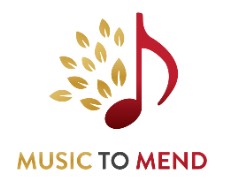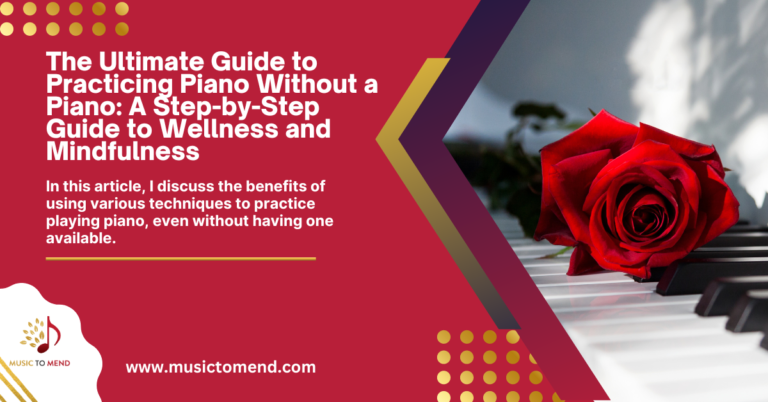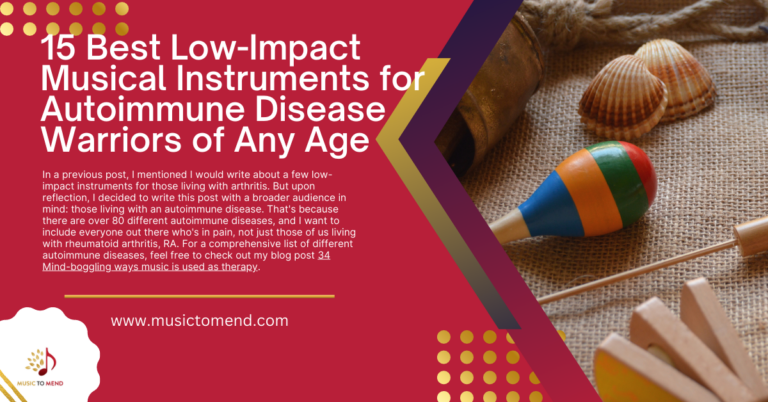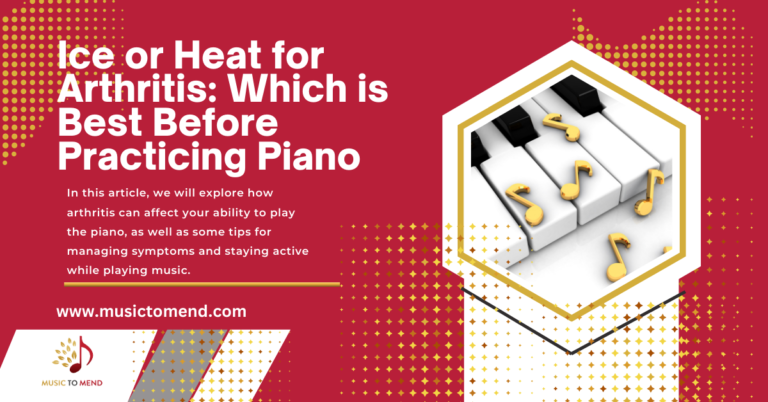The Amazing Link Between Music as Therapy for Patients taking Oral Medication for Rheumatoid Arthritis
In today’s post, I’ll be discussing the amazing link between using music as a therapeutic method for those suffering from rheumatoid arthritis. More specifically, for those of us who take an oral medication. Having RA bring on depression and anxiety, because the pain and chronic fatigue are often unimaginable and unbearable. So, let’s dive in and discover exactly what RA is and how taking oral medication is often a necessity.
What is Rheumatoid Arthritis?
Rheumatoid Arthritis (RA) is an autoimmune disorder that causes inflammation in the joints and surrounding tissues. It is a chronic, progressive disease that affects the entire body, including the skin, eyes, lungs and heart. Symptoms of RA include joint pain, stiffness, swelling and redness. RA can also lead to permanent joint damage if not treated properly. Early diagnosis and treatment are key for managing this condition effectively.
Living with Rheumatoid Arthritis – How to Cope with the Symptoms?
Living with Rheumatoid Arthritis can be a difficult experience, but there are ways to cope with the symptoms. Making lifestyle modifications can help improve health outcomes for those who suffer from RA. It is important to create an RA management plan that includes diet, exercise, stress reduction and other lifestyle changes. This article will discuss how to create an effective RA management plan and provide tips on how to cope with the symptoms of RA.
Common Types of Oral Medication for RA
Rheumatoid arthritis is a chronic, inflammatory autoimmune disorder that affects the joints. It is characterized by pain, swelling and stiffness in the joints. The treatment of rheumatoid arthritis typically involves a combination of medications, lifestyle changes and physical therapy. And if you’re here reading this blog post, you know I’m an advocate for using music as therapy as well. Some oral medications used to treat rheumatoid arthritis include disease-modifying antirheumatic drugs (DMARDs), biologics, non-steroidal anti-inflammatory drugs (NSAIDs) and steroids. DMARDs are used to slow down the progression of the disease and reduce inflammation. Biologics are genetically engineered proteins that target specific parts of the immune system and reduce inflammation. NSAIDs are used to reduce pain and inflammation in the joints while steroids help to reduce swelling in the affected areas. Celebrex, for example, has been prescribed to more than 35 million patients. If you have rheumatoid arthritis pain, your doctor might even suggest Celebrex.
For patients looking for a Celebrex alternative as an oral medication for rheumatoid arthritis, other disease-modifying drugs (DMARDs) can be used. It’s important for you to discuss these alternatives and options with your rheumatologist.
Those of us with RA are also at risk of developing depression from the chronic disease. It’s important to find ways to help us feel better not only physically but also find activities, such as music, to prevent us from sinking down the black, isolating hole! That’s why music as therapy is super important in achieving an overall sense of well-being to find peace and harmony in our moments of pain.
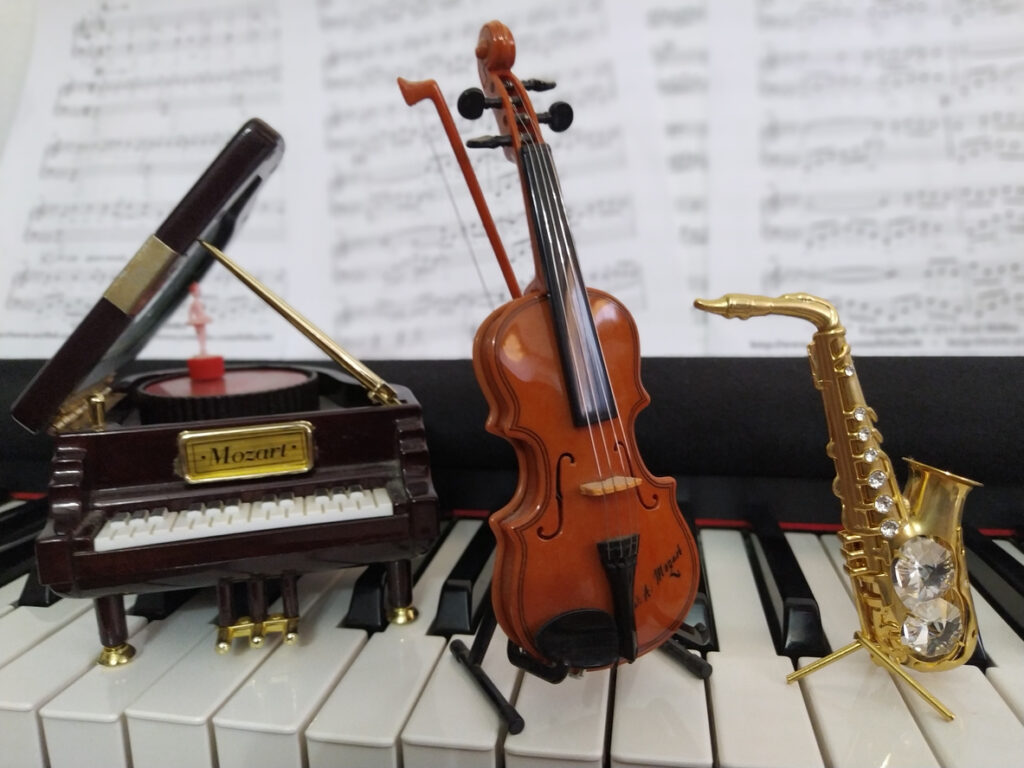
What Types of Music Are Best For People with Chronic Pain
Music has been proven to help reduce chronic pain and improve quality of life. There are various types of music that can be used for pain relief, ranging from classical music to jazz and even pop music. Each type of music has its own unique benefits when it comes to relieving pain.
When choosing the right type of music for pain relief, it is important to consider the individual’s preferences and needs. For example, some people may find that classical music is best for them, while others may prefer jazz or pop songs. It is also important to consider the tempo and volume of the song as well as its overall message in order to ensure that it provides a calming effect on the individual with chronic pain.
Different Types of Musical Instruments Used in Music Therapy & How They Help Manage Chronic and Acute Pain
Music therapy is an increasingly popular approach to managing chronic and acute pain. It involves using different types of musical instruments to help people cope with their physical and mental health issues. These instruments can be used in a variety of ways, from improvisational music to playing traditional songs. Each type of instrument has its own unique benefits when it comes to relieving pain and helping manage anxiety. For example, the guitar can be used for both relaxation and focus, while the piano is often used to reduce stress levels. Additionally, drums are often used as a way to increase energy levels while providing a sense of control over one’s environment. All of these instrument types can help people manage their pain in different ways, depending on their individual needs. For additional information on how to choose the right instrument, please click here to watch the video.
If you or someone you love suffer from rheumatoid arthritis, I hope the information contained in it will allow you to focus on music as therapy. Music has been a huge part of my journey, living with RA and chronic pain.
Until next time, stay well!
Bea
